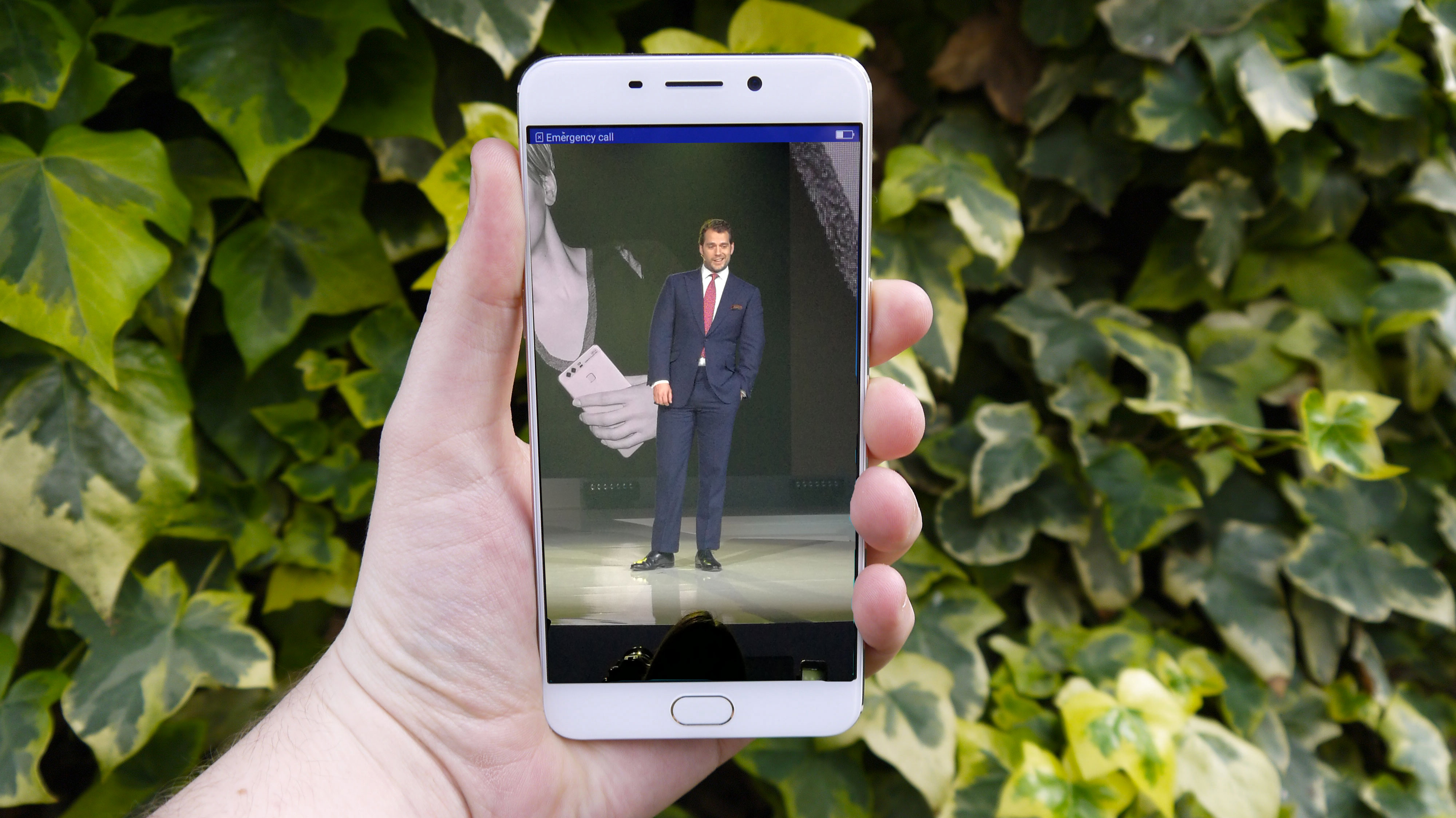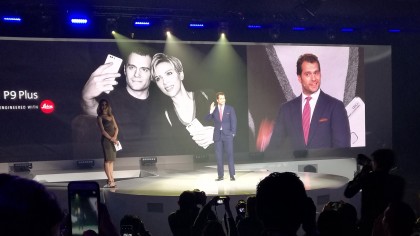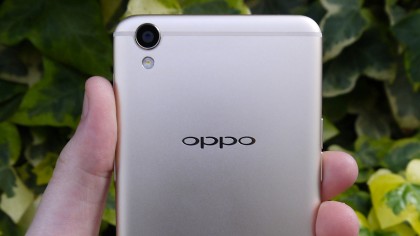The real smartphone war is being waged with catwalks, Cavill and cricket
Marketing will decide what becomes the new Samsung

Sign up for breaking news, reviews, opinion, top tech deals, and more.
You are now subscribed
Your newsletter sign-up was successful
There's not generally a lot that connects America's Next Top Model, Superman and cricket, but if you happened to be in the almost invisibly small Venn intersection of people interested in all three you may have noticed a prominent link: sponsorship by Chinese phone manufacturers.
And that is testament to one huge truth - that the battle for hearts, minds and brand is far more important than the feature set or design of your phones if you want to be a mass-market behemoth.
The likes of Oppo and Huawei are, beyond a shadow of a doubt, aiming to swoop in and dominate the market, and for those us in the West, that needs to come with the notion that dominance doesn't necessarily start with our nations any more.
Cricket is the second biggest sport on the planet, and that's principally because of its popularity in India and Pakistan, the second and sixth biggest nations on the planet.

Along with China, these countries also have a fast-growing middle class with (an amount of) disposable income and that makes them the perfect target for ambitious smartphone manufacturers.
So for Oppo - headline sponsors of the India-hosted ICC World Twenty20 - capturing the attention of cricket-loving nations makes a lot of sense.
What's fascinating, of course, is that Oppo and Huawei have studied the rise and rise of Samsung and completely understand that what they currently lack is not the features on their high-end phones but global familiarity with their brands.
Sign up for breaking news, reviews, opinion, top tech deals, and more.
Showing off your Galaxy S7 to your friends will, currently, be met with coos. Showing off a Huawei P9 is more likely to be met with 'Who'?
Hence this huge global marketing push by companies that want to be competing with Samsung and Apple, breezing past the likes of HTC and Sony and becoming an established brand.

For Oppo, just like Samsung, that's manifested in targeting key markets through their passions - cricket and, slightly oddly, fashion through product placements in America's Next Top Model.
For Huawei, they've gone for the world's most popular sport by adding iconic footballer Lionel Messi as brand ambassador, appealing to the Latin American markets, Europe and, of course, the increasingly football obsessed Asian markets. It's no surprise that they are also sniffing around cricket.
And, at the P9 launch, they rolled out none other than Henry Cavill - the man who plays Superman on movie screens worldwide.
All of this amounts to a worrying time for Samsung, who had the budget to keep ahead of most other challengers outside of premium phone behemoth Apple, but now face a major play from cash-rich and ambitious Chinese competitors.
The real battleground, despite the attention lavished on the flagship phones, is in the middle market. Oppo and Huawei's phones are good performers in that price bracket, and even their top-end options are priced to be attainable to the mass markets.
Huawei has already quietly assumed a powerful place in the smartphone hierarchy, Oppo is aggressively fighting for its own placement. Although neither are likely to knock Apple from its current position in terms of brand, everything else, from revenue to simply 'being the best' are in play.
It remains to be seen if Cavill, Messi, models or a thrilling West Indies cricket triumph will be the tipping point for making Chinese brands familiar, but the message is clear: you're going to be seeing a lot more of them in the coming few years.

Patrick Goss is the ex-Editor in Chief of TechRadar. Patrick was a passionate and experienced journalist, and he has been lucky enough to work on some of the finest online properties on the planet, building audiences everywhere and establishing himself at the forefront of digital content. After a long stint as the boss at TechRadar, Patrick has now moved on to a role with Apple, where he is the Managing Editor for the App Store in the UK.